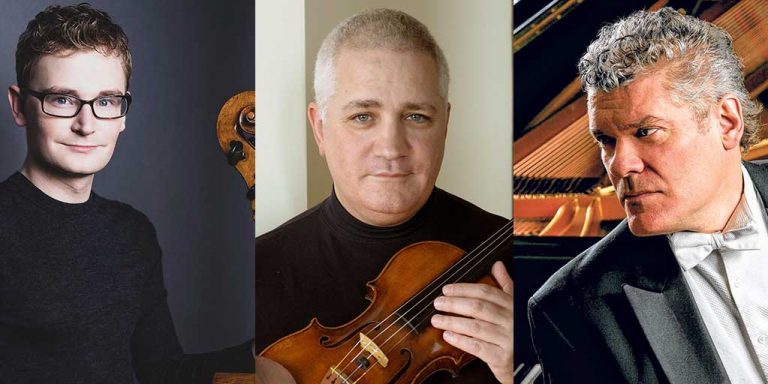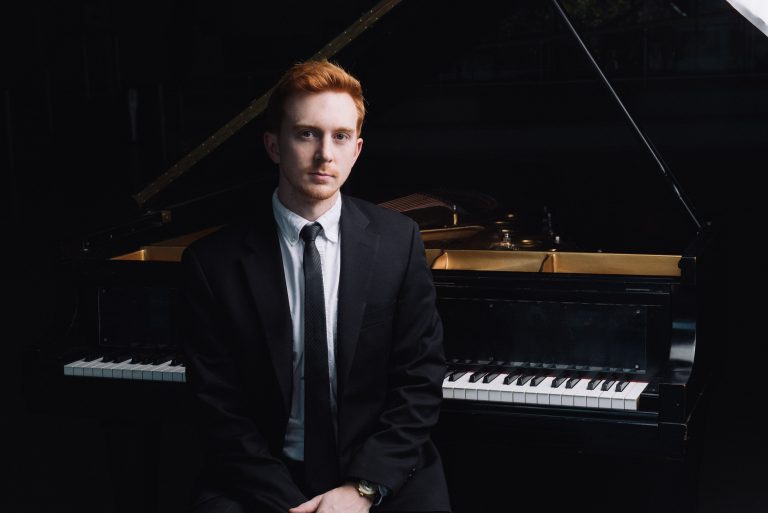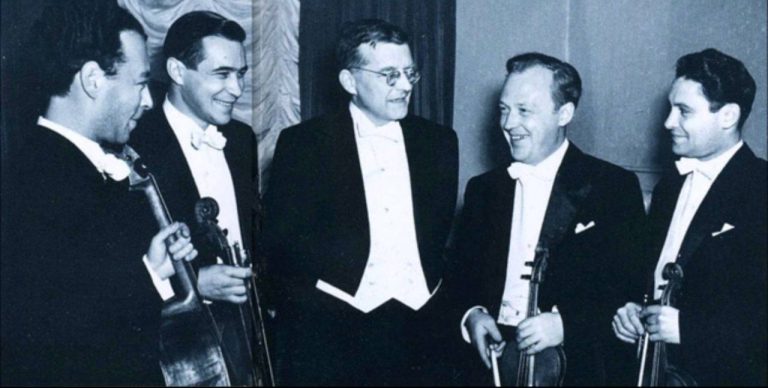Program Notes
December 13, 2021 by
Janáček's Pohádka, or "Tale," is based on an epic Russian poem by Vasily Zhukovsky, “The Tale of Tsar Berendyey.” The piece was conceived of as scenes from the story rather than a complete rendering of the tale. Janáček first composed Pohádka in 1910, during a time when he remained under recognized as an artist and battled self-doubt.
November 10, 2021 by
The great conductor Pierre Boulez considered Claude Debussy’s 1898 tone poem, Prélude à l'après-midi d'un faune (Prelude to the Afternoon of a Faun), to be the beginning of modern music. Boulez’ assessment should not detract from our appreciation of Debussy's continual and sometimes radical musical experiments after that groundbreaking piece.
October 26, 2021 by
Songs of a Wayfarer (Lieder eines fahrenden Gesellen) was Mahler’s first published song cycle. The texts for this four-song cycle were written by Mahler himself, as a loosely autobiographical account of the composer’s failed love affair with soprano Johanna Richter. Richter was a cast member of the opera company in Kassel, Germany where Mahler was Music Director.
September 28, 2021 by
Rêverie for solo piano seems to have been composed by Debussy sometime between 1880 and 1884, at the beginning of his career. The composer's emerging voice is already clear and recognizable in Rêverie. The work is an exotic and dreamlike exploration of the textures and harmonies that Debussy would develop with even greater narrative drama in his later works.
August 25, 2021 by
Violinist Eugène Ysaÿe was universally admired on the world’s stages from the late 1880’s. Composers such as Debussy, Saint-Saëns, Franck and Chausson each dedicated works to Ysaÿe, attesting to the violinist’s fame and influence.






